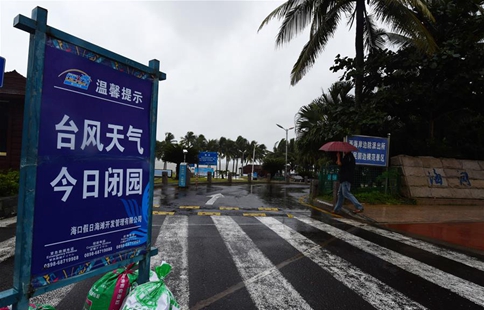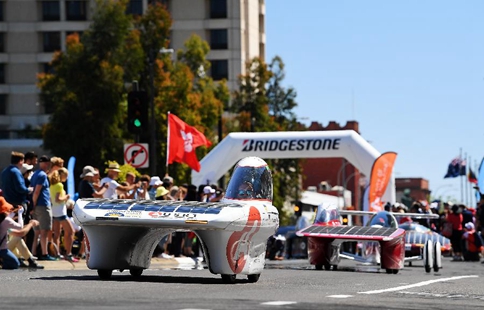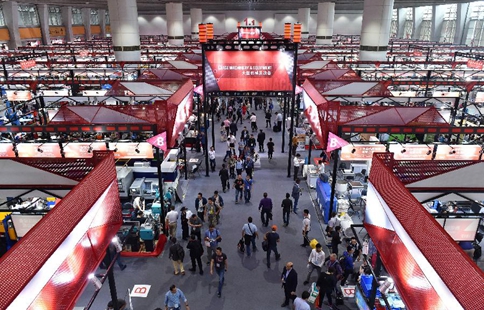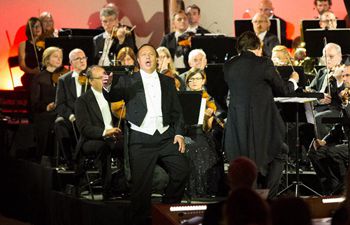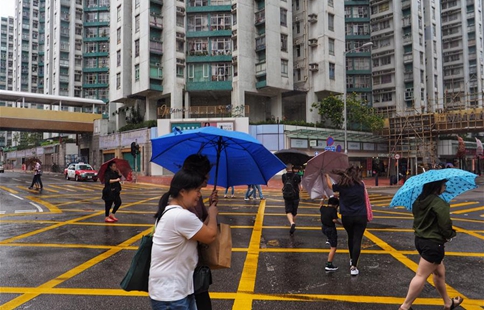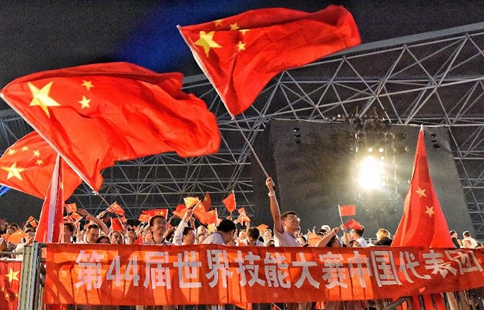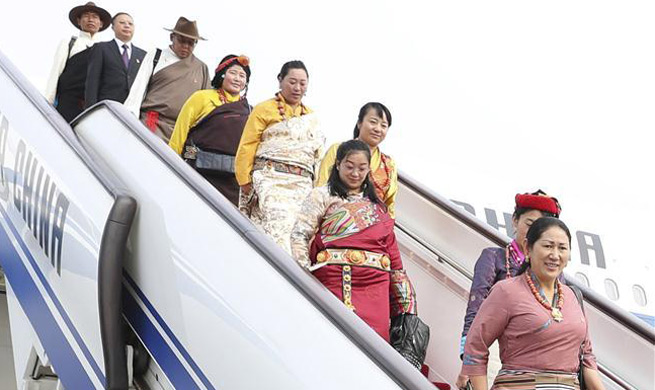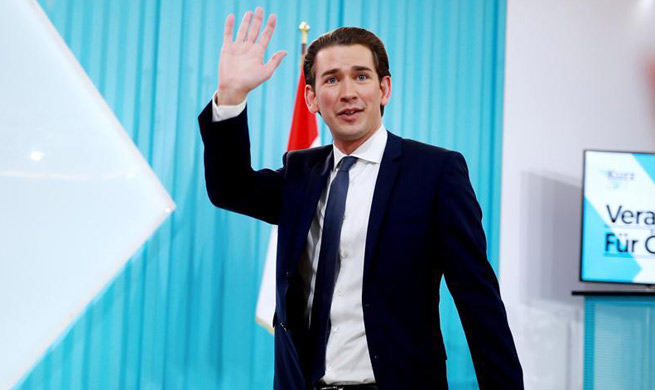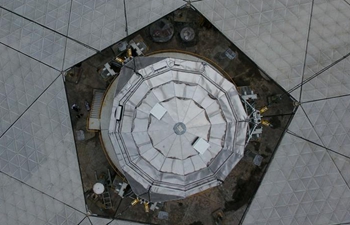by Victoria Arguello
CARACAS, Oct. 15 (Xinhua) -- Regional elections in Venezuela Sunday were proceeding without any major setback, despite fears of a possible high rate of abstention.
The elections have the country's two main political actors, the ruling United Socialist Party of Venezuela (PSUV) and the opposition Democratic Unity Roundtable (MUD), facing off in a setting that will lay the groundwork for the 2018 presidential elections.
Voters in the northern states of Miranda and Carabobo told Xinhua they hoped, above all, that the vote will ease tensions and reduce the violence that has rocked the nation this year.
Some predicted a high rate of abstention caused by discontent at the general economic scenario. However, they said that will not stop the vote from being a way to resolve differences.
"(The electoral participation) has not been as massive as in previous times, either due to a lack of interest ... or because of unfavorable views about the options," Alejandra Figuera, a law student at the University of Carabobo, said.
Venezuela is currently gripped by problems that extend nationwide, including lack of food and medicine, high price of basic consumer goods, insecurity, and deteriorating public transport, she added.
Willey Penuela, a PSUV activist, said his main motivation to vote was to see peace in the country, after more than four months of violent protests by the opposition.
He said he voted for the government because "it is a guarantee that my vote will contribute to peace and not strengthen the political groups who ... attacked the fundamental rights of the population."
One of the controversial points of this election is that the 23 winning candidates will have to swear loyalty to the National Constituent Assembly (ANC), as demanded by President Nicolas Maduro.
The MUD, however, has ruled out its candidates swearing allegiance to a legislative body they view as unconstitutional and designed to supplant the National Assembly, Venezuela's unicameral legislature, which is under their control.
But despite the bitter rivalry between the two, the election will also be decided by public expectations. For example, one of the main demands of the people in the state of Carabobo is a solution to public transport woes.
Although Venezuelans understand that these problems will not be addressed overnight after the elections, they are demanding that the future governors, whether they are elected from the ruling party or the opposition, work on resolving them soon.




